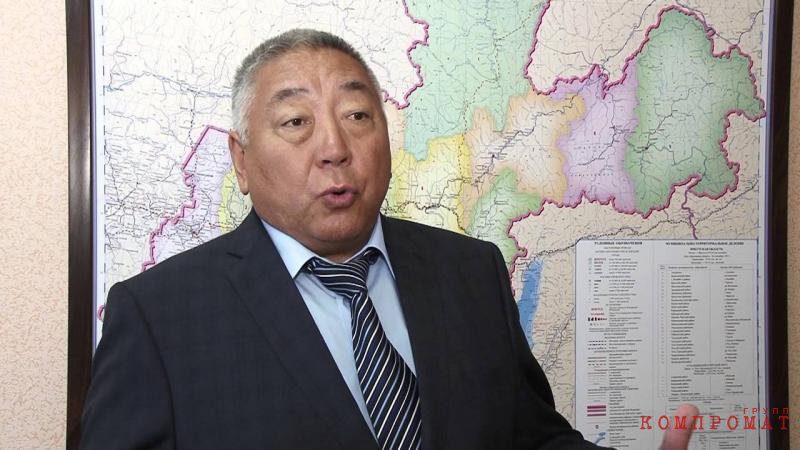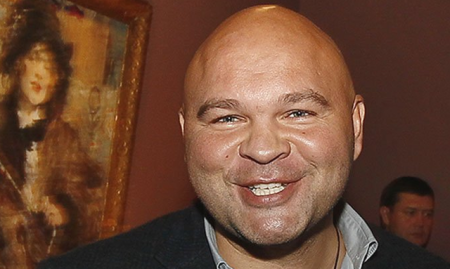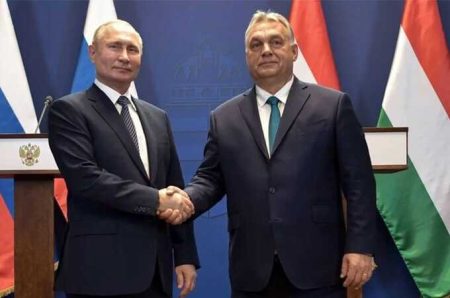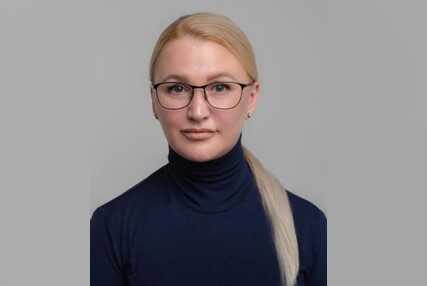Mayor of Bayandaevsky district Anatoly Tabinaev asked the people of the large Hogot community to help repair the district hospital. He made a request in the local newspaper Zarya. Basically, he shifted the financial burden from the sick hospital to the healthy residents.
At the same time, Anatoly Prokopievich served as the head of the district for around 20 years. If we include his time in the Ust-Orda Buryat district administration (as a deputy), it comes out to over 25 years. Now, the hospital in his native rural area has deteriorated drastically. The question arises: what is happening in areas that are not fortunate enough to be the mayor's hometown? Are these places really lacking in leadership skills that no mayor has been able to prevent social objects from falling into disrepair for such a long time? Aren't they capable of development, even a little? economyBut it didn't work out to find a better mayor, so Anatoly Tabinaev is resorting to the methods he knows. This means collecting money directly from settlements and residents. It worked.
Originally, they were planning to contribute money to rural settlements for local memorials for Victory Day. This was the regional Ministry of Culture's decision, not Tabinaev's. The news pleased the twelve less wealthy municipalities in the district. The first deputy mayor of the district even hinted at a 50 thousand ruble grant for each. But none of the two million settlements benefited. Instead, the district mayor's office redirected the funds to implement the project in the district center. This project was more ambitious and worth several million rubles. However, neither the public nor the project assessment were made available.
The fundraising was widely promoted. It's hard to refuse to donate money for such a cause, and many enterprises participated by providing money or materials such as gravel or tiles. Almost all the farmers got involved, donating money and organizing collective workdays to make it more cost-effective. They even asked the military for an old howitzer and found an old GAZ-69 somewhere, and apparently made substantial expenses.
But the fundraising effort was extensive. Not many people would refuse to donate for such a cause, and enterprises and farmers actively got involved, contributing money and materials. Workdays were organized to make things cheaper. They even requested an old howitzer from the military, found an old GAZ-69, painted it, and made substantial expenses.
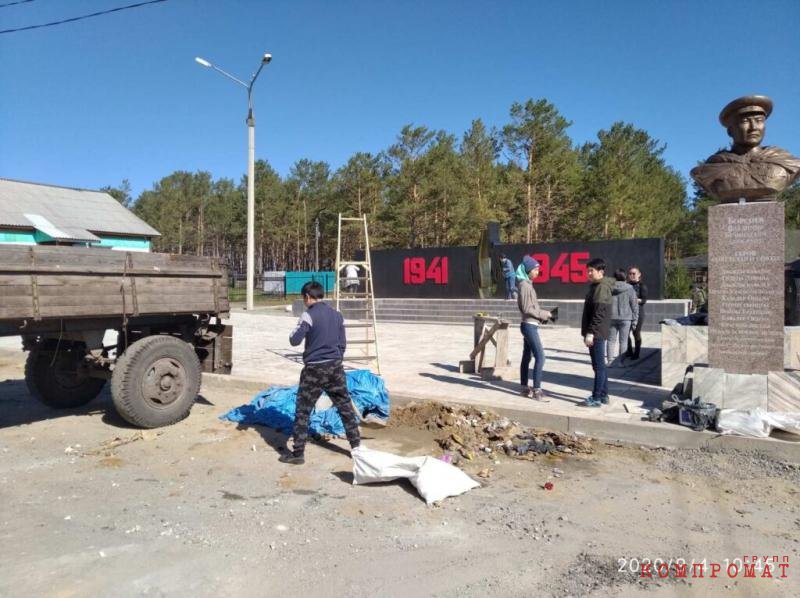
The donors' names were printed in the local newspaper as a way of showing gratitude, and Anatoly Prokopievich had to trust that the funds were being controlled properly. The district prosecutor's office contributed five thousand rubles and took part in a volunteer cleanup, but it seems that the prosecutors didn't investigate the legality of the mayor's fundraising method. The mayor enjoys this more promising way of working as it's not a boring bureaucratic process with checks.
Currently, only Anatoly Tabinaev and a small group of his staff know the amount of money raised, including the value of transferred funds and voluntary work. It's also unclear how much of the funds are being used for the alley's development.
Despite being open for a long time, Tabinaev continues to pursue this promising project. This year, he plans to install new stoves from each rural settlement in the alley using the same informal fundraising approach.
The mayor came up with a new fundraising idea based on the principle of "Who is for? And who is against the Soviet power?"
In the municipality of Hogot, there are only about 900 adult residents. Under Anatoly Prokopievich's long-term rule, there are no warm toilets, no water in the local hospital, and it's very cold. Tabinaev claims it's necessary to raise money because of the difficult political and economic situation, and he promises to make efforts to build a new hospital once things improve. The resourceful Tabinaev explains that even last year, the hospital's condition was acceptable, but as the global situation worsened, proper heating disappeared.
It seems that the project lacks public oversight once again. The mayor wants people to trust him and has already managed the funds himself. He needs three million rubles, and the mayor's office and district hospital can provide 500 thousand. If each resident contributes up to three thousand rubles, there will be enough for repairs. The mayor claims to have contributed 25 thousand rubles, but without public oversight, it cannot be verified. Anatoly Prokopyevich receives two hundred thousand from the treasury each month, so he will manage with the remaining 170 thousand.
Although we can offer residents another idea. In the end, with initiative budgeting, the initiative should come not from the authorities, but from ordinary citizens. Pay the mayor himself 25 thousand a month (this is much more than the average pension, of which Anatoly Prokopyevich already has two, ordinary and municipal), and pay 175 every month for the repair of social facilities. Over those five years, which, according to the same Tabinaev, the regional Ministry of Health advises not to even dream of new construction projects, more than 10 million will be accumulated. Three hospitals can be renovated! And if you really want to chip in additionally, then the public and yourself can deal with this …
